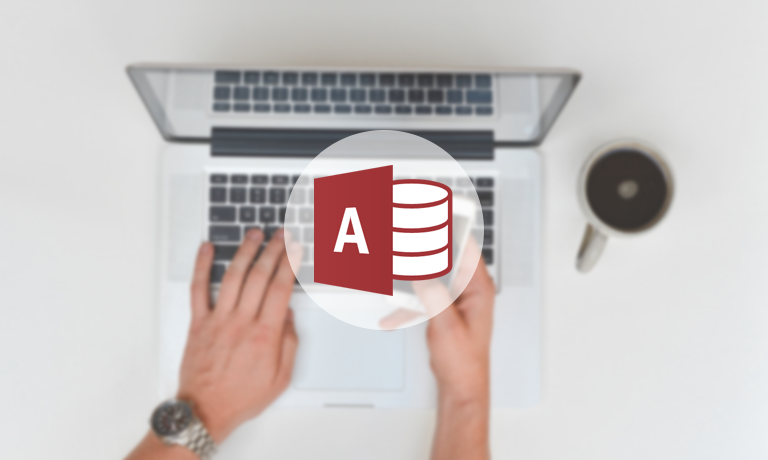Instructors
Microsoft Office Access 2013: Part 2
Course Specifications
Course Number:
091005
Course Length:
1 day
Course Description
Overview:
Your training and experience using Microsoft® Access® 2013 has given you basic database management skills such as creating tables, designing forms and reports, and building queries. In this course, you will expand your knowledge of relational database design, write advanced queries, structure existing data, share data across applications, and customize reports. Extending your knowledge of Microsoft Access 2013 will result in a robust, functional database for your users.
You can also use this course to prepare for the Microsoft Office Specialist (MOS) Certification exams for Microsoft Access 2013.
Course Objectives:
Target Student:
This course is designed for students wishing to gain intermediate-level skills or individuals whose job responsibilities include constructing relational databases, performing database maintenance, creating advanced queries and reports, or integrating Access with other programs.
Prerequisites:
To ensure your success, it is recommended you have completed Microsoft® Office Access® 2013: Part 1, or possess equivalent knowledge.
Course-specific Technical Requirements
For this course, you will need one computer for each student and one for the instructor. Each computer will need the following minimum hardware configurations:
- 1 GHz or faster 32-bit (x86) or 64-bit (x64) processor
- 1 gigabyte (GB) RAM (32-bit) or 2 GB RAM (64-bit)
- 16 GB available hard disk space (32-bit) or 20 GB (64-bit)
- CD-ROM drive
- Keyboard and mouse (or other pointing device)
- 1024 x 768 resolution monitor recommended
- Network cards and cabling for local network access
- Internet access (contact your local network administrator)
- Printer (optional) or an installed printer driver
- Projection system to display the instructor’s computer screen
- Microsoft® Office Professional Edition 2013
- Microsoft® Windows® 8
Course Content
Lesson 1: Designing a Relational Database
Topic A: Relational Database Design
Topic B: Create a Table
Topic C: Create Table Relationships
Lesson 2: Joining Tables
Topic A: Create Query Joins
Topic B: Join Tables That Have No Common Fields
Topic C: Relate Data within a Table
Topic D: Work with Subdatasheets
Topic E: Create Subqueries
Lesson 3: Organizing a Database for Efficiency
Topic A: Data Normalization
Topic B: Create a Junction Table
Topic C: Improve Table Structure
Lesson 4: Sharing Data Across Applications
Topic A: Import Data into Access
Topic B: Export Data to Text File Formats
Topic C: Export Access Data to Excel
Topic D: Create a Mail Merge
Lesson 5: Advanced Reporting
Topic A: Organize Report Information
Topic B: Format Reports
Topic C: Include Control Formatting in a Report
Topic D: Add a Calculated Field to a Report
Topic E: Add a Subreport to an Existing Report
Appendix A: Additional Reporting Options
Course Reviews
No Reviews found for this course.

